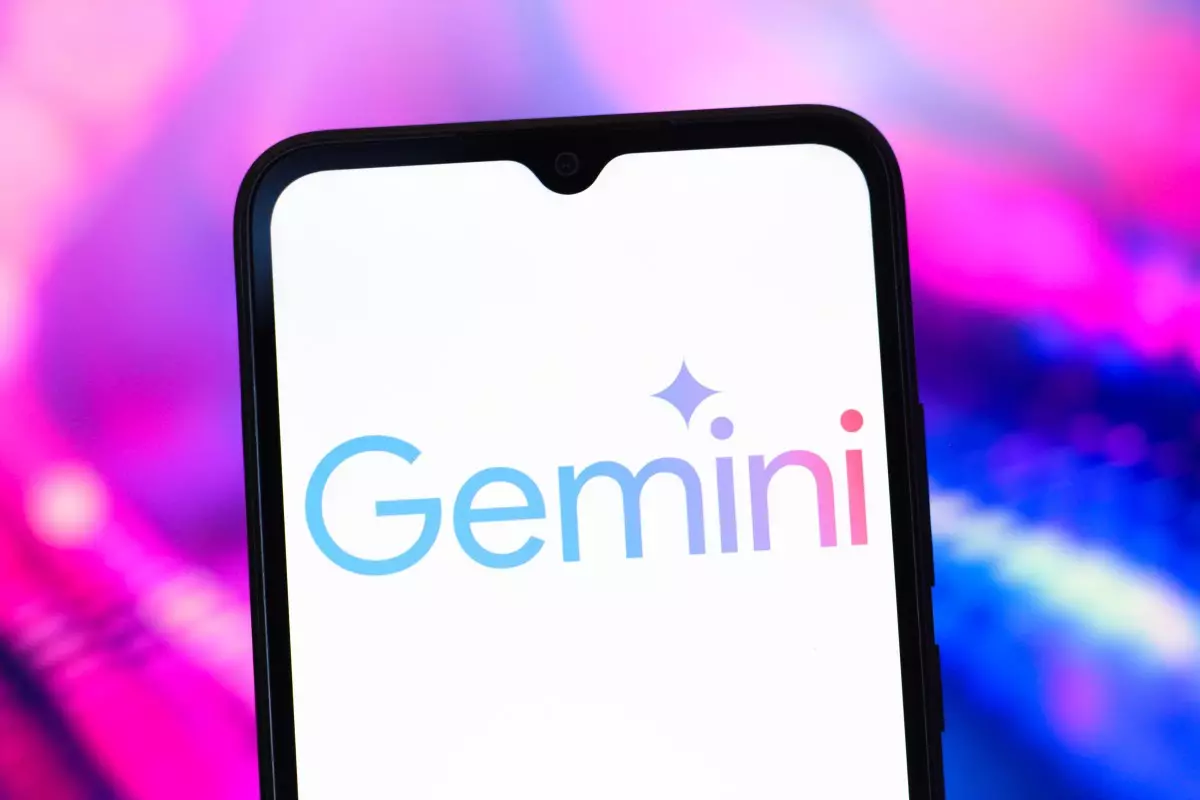In a bold move signaling a shift in artificial intelligence and user interaction, Google has announced that it will phase out Google Assistant on Android devices, replacing it with its innovative new program, Gemini. Scheduled for rollout later this year, this transition represents more than just a simple upgrade; it embodies Google’s commitment to innovation in a rapidly evolving digital landscape.
This strategic pivot aims to redefine the way users interact with their devices. By introducing Gemini, Google asserts its intention to enhance user experience on mobile platforms, tablets, automotive systems, and even smart home devices like speakers and TVs. The announcement, made via a blog post, indicates that users can expect a gradual transition, with the Assistant becoming increasingly obsolete over the upcoming months.
Insights into Gemini’s Features
The promise of Gemini lies in its advanced functionalities designed to enrich the user experience. Google assures its users that the new assistant will be equipped with features that they have long sought. For example, the inclusion of music playback capabilities and the ability to manage timers directly from a lock screen signify a more intuitive interface. These updates are not merely surface-level enhancements; they reflect a deeper understanding of user needs, paving the way for a more streamlined, effective device interaction process.
By focusing on critical functionalities like music control and quick task management, Gemini is designed to be more than just a virtual assistant; it is becoming a personal assistant that anticipates the user’s needs. This emphasis on user-centric design places it at the forefront of smart technology, differentiating it from its predecessor.
Acknowledging the Market Shift
While some might perceive the switch from Assistant to Gemini as a mere name change, the implications of such a transition are substantial. Google’s decision coincides with the launch of the Pixel 9 smartphone line, where Gemini has been dubbed the default virtual assistant. This signals a strategic alignment with hardware and software that could redefine consumer expectations and market standards.
The move also reflects a larger trend within the tech industry: the relentless pursuit of AI-driven efficiency. As consumers continue to embrace smart technology at an unprecedented rate, companies are compelled to innovate or risk becoming obsolete. Google’s transition may well set a benchmark, challenging competitors to evolve their offerings or lose relevance in a market that increasingly prioritizes seamless connectivity and enhanced user experiences.
What Lies Ahead for Users
As the transition unfolds, many questions remain about how this will affect the existing user base of Google Assistant. Current users can expect ongoing support until the full migration to Gemini is realized. Google has stated intentions to provide clarity in the coming months, minimizing disruptions for users who rely on Assistant’s features in their daily lives.
However, the excitement surrounding Gemini also raises important considerations regarding adaptability and user acceptance. Change can be daunting, especially for loyal users accustomed to a specific interface and functionality. Whether Google can successfully shepherd its user base through this transformation remains to be seen, but the company’s proactive announcements suggest a commitment to transparency and user satisfaction.
As Google embarks on this significant journey to replace Assistant with Gemini, it highlights the importance of constant evolution in the tech industry. By prioritizing user experience and embracing innovation, Google sets a compelling standard for the future of personal technology.

